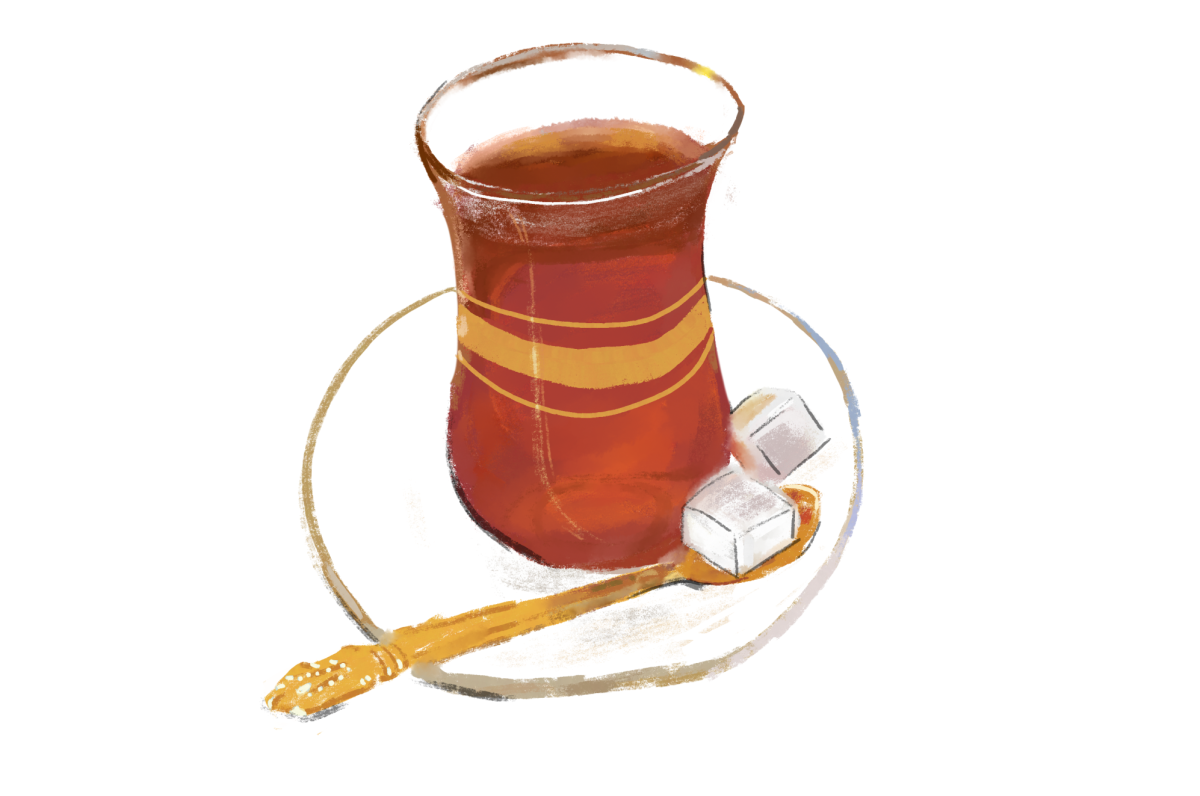Whether to declare a minor or to pursue a dual degree is a well-debated topic. Students always question which looks better and which will employers find more valuable and prestigious on a resume
Before declaring any extra degrees, it is important to know the difference between a major with a declared minor, a dual major, and a dual/double major.
An academic minor is a secondary discipline that a student would study without going into the very core details of that declared discipline. It usually requires about 4-5 upper-level classes to complete, but keep in mind that these upper-level courses will likely have prerequisites that do not count towards your minor. The minor itself is only listed on academic transcripts but not diplomas.
A dual degree is when two university degrees are awarded for studying two different fields and completing the requirements of each respective field. This program, according to student opinion, requires the heaviest coursework of the three options. When graduating, dual majors receive two separate bachelor’s degrees.
A dual major is when two different subjects are combined in one curriculum to lead to one bachelor’s degree.
When it comes to deciding which is more worthwhile, the answer depends on the situation, interests, and career goals of the student.
For example, for a student who wants to attend medical school as soon as possible, a minor would be preferred because it allows a student to explore a new field while keeping the degree requirements short. Pursuing a dual degree in this case, however, will not help much because it will only take longer to complete than a single bachelor’s degree and minor.
There is not really an unequivocal answer to whether a dual degree or single degree with a minor is more worthwhile. Employers do not seem to prefer one over the other. Yet, they prefer an applicant who excelled in what they did, whether it was any of the two options or even none of them. So, keep in mind, just try your best in whatever you feel you are more interested in.
On the other hand, though employers may not prefer one option over the other, a dual degree or dual major may allow a student to have more work opportunities because it enables the student pursue a career in any of the two majors studied.

































